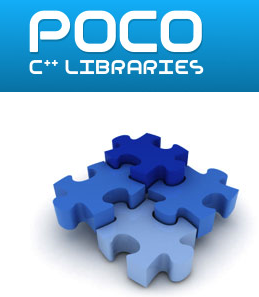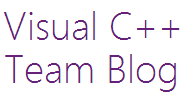ODB C++ ORM 2.3.0 Released, Adds Schema Evolution Support
 ODB is an open source object-relational mapping (ORM) system for C++. It allows you to persist C++ objects to a relational database without having to deal with tables, columns, or SQL and without manually writing any of the mapping code.
ODB is an open source object-relational mapping (ORM) system for C++. It allows you to persist C++ objects to a relational database without having to deal with tables, columns, or SQL and without manually writing any of the mapping code.
Major new features in this release:
- Support for database schema evolution, including automatic schema migration, immediate and gradual data migration, as well as soft object model changes (ability to work with multiple schema versions using the same C++ classes). For a quick showcase of this functionality see the Changing Persistent Classes section in the Hello World Example chapter.
- Support for object sections which provide the ability to split data members of a persistent C++ class into independently loaded/updated groups.
- Support for automatic mapping of C++11 enum classes.
A more detailed discussion of these features can be found on the blog. For the complete list of new features in this version see the official release announcement.
ODB is written in portable C++ (both C++98/03 and C++11 are supported) and you should be able to use it with any modern C++ compiler. In particular, we have tested this release on GNU/Linux (x86/x86-64/ARM), Windows (x86/x86-64), Mac OS X (x86), and Solaris (x86/x86-64/SPARC) with GNU g++ 4.2.x-4.8.x, MS Visual C++ 2005, 2008, 2010, and 2012, Sun Studio 12u2, and Clang 3.x.
The currently supported database systems are MySQL, SQLite, PostgreSQL, Oracle, and SQL Server. ODB also provides optional profiles for Boost and Qt, which allow you to seamlessly use value types, containers, and smart pointers from these libraries in your persistent classes.
More information, documentation, source code, and pre-compiled binaries are available on the project's page.

 The past week saw new releases of two major C++ implementations, with a focus on standards conformance improvements.
The past week saw new releases of two major C++ implementations, with a focus on standards conformance improvements. The
The  Now available:
Now available: m Cloudius comes
m Cloudius comes 
 The first piece of code acquired by the Smithsonian's Cooper-Hewitt National Design Museum -- "Planetary", written in C++.
The first piece of code acquired by the Smithsonian's Cooper-Hewitt National Design Museum -- "Planetary", written in C++. We keep hearing about C++'s "as if" rule, but what does it really do? Fundamentally, it enables optimizations. A modern compiler never produces an executable that's identical to the program you actually wrote; it produces an equivalent program that's probably a lot better.
We keep hearing about C++'s "as if" rule, but what does it really do? Fundamentally, it enables optimizations. A modern compiler never produces an executable that's identical to the program you actually wrote; it produces an equivalent program that's probably a lot better. Libc++ now has a status page for the C++1Y/C++14 implementation. You can follow along here to see when your favorite features are implemented:
Libc++ now has a status page for the C++1Y/C++14 implementation. You can follow along here to see when your favorite features are implemented: